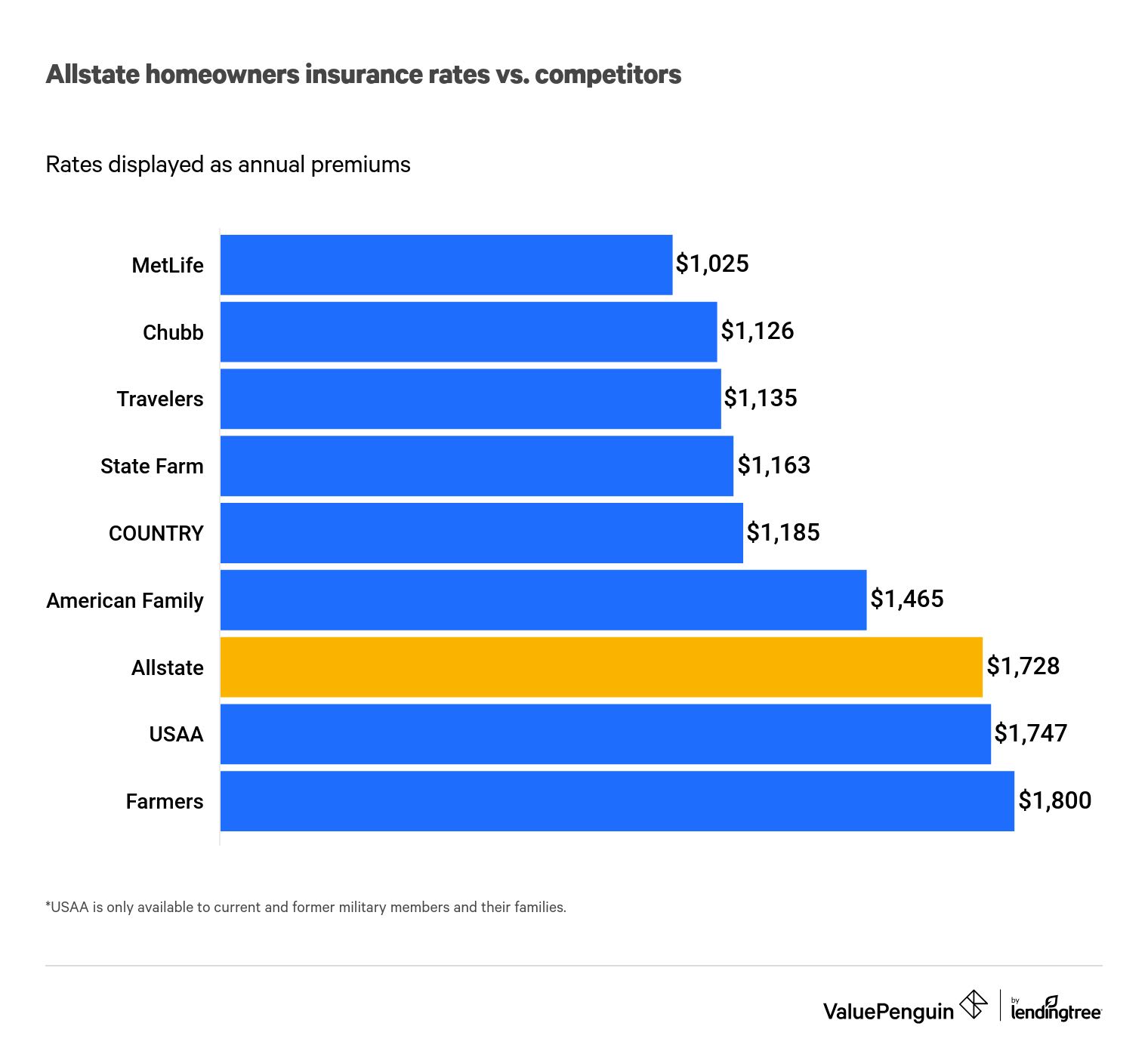
Do you find yourself in a situation that your current insurance company has dropped your home policy? It's common for people to find themselves in a similar situation.
A dropped homeowners' insurance policy, also called cancellation or nonrenewal coverage, can create a stressful situation. You may feel like you're in a bind, but there are ways to make it easier. Here are four steps to help you get back on track and get a new homeowners policy in place.
Your rights as a policyholder
You are entitled to receive written notification at least 30 calendar days prior to the cancellation or non-renewal of your policy. You have time to find a new insurance company and avoid a gap of coverage.
If you do not receive a notice in writing from your home insurer, you may file a formal complaint with the insurance regulator of your state. The regulator will examine your complaint and determine if further action is needed.

Your insurance cancellation rights
If a homeowner fails to pay their premiums within 60 days of the purchase date, or commits fraud, they can be cancelled by law. Insurers can cancel policies if they determine that the property of a customer poses an unacceptable risk. For example, if it is damaged by theft or fire.
If the condition of your property changes, you may want to cancel the policy. A home that is damaged by fire, for example, will cost more to cover than a vacation property.
You should also check your credit rating before purchasing a homeowners insurance policy. A low credit score can make it harder to get a mortgage, and insurance companies may see you as a higher risk.
A home insurance cancellation can occur if your policy has too many lapses. A lapse occurs when you don't pay your premiums for a certain period of time. Many insurance companies offer grace periods to allow policyholders who have fallen behind on their payments to get caught up.
Other reasons for dropped home insurance include a change in your home's risk level or the fact that you have made several claims. Your home's risk rating can be changed if you have made many claims or if your house has been dangerously neglected.

Your rights as a policyholder
When a policy expires, it is difficult to get a new one. This is particularly true if the person has a low credit score. A financial advisor can help you choose coverage that meets your needs while staying within your budget.
There are online brokers who can compare options and rates if you do not have an agent. These brokers are usually specialists in multiple insurance companies, and can help you determine which one is best for your particular risk profile.